
Tim Allhoff considers himself a border diver, not confined to any music genre or style - Photo: NVCC
Tim Allhoff is a multifaceted artist, composing and performing jazz, classical and contemporary music.
He has released nine albums, two of which received Germany's prestigious ECHO awards.
Artist Tim Allhoff
Vietnam has an audience for classical music.
* The first classical music festival in Vietnam. What made you decide to come to a place where there is no "tradition" of classical music?
- I am very happy. Vietnam has a group of classical music audiences. They come here because they want to enjoy music and do not really care about genre. This is something I find very valuable.
* In Germany, how do people nurture young talents, from your perspective?
- It came naturally: I started playing the piano when I was about 5 years old.
I searched and had the desire to express the notes accurately since I was very young. Then quickly learned music systematically and professionally.
But I would hardly have gotten where I am today without receiving a German music education .
* Can you talk specifically about the development of German classical music today?
- Germany's distinctive cultural and musical scene has made it a global hub for music and culture.
It seems that never a period has passed without Germany producing a world- famous classical artist. From Händel to Bach, Beethoven to Brahms, Schumann to Wagner, Hindemith to Stockhausen.
According to author George Terris, in the book Great German Composers , the formation and development of German music is almost closely linked to important events in the history of pre-modern and modern European art and culture.
Today, Germany has more than 130 professional orchestras, 10,000 state-funded musicians and more than 80 permanent opera companies, equal to the entire world's opera companies combined, performing more frequently in theaters than any other country.
Of Germany's 83 million people, 14 million play a musical instrument or are in a choir; households have a member who can perform at least one instrument; 33% of Germans love classical music (15% in Britain, 17% in America), a rate only rivaled by Russia and Japan.
In North Rhine-Westphalia, every four access roads to the Autobahn have a theatre, a concert hall, an orchestra, numerous choirs and at least one music festival accessible to the public.
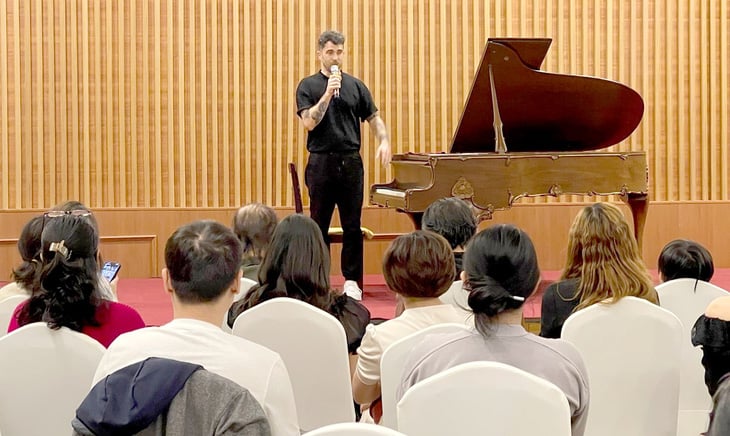
Tim Allhoff performs solo and workshop on the theme Creativity in the flow of time at the Vietnam Classical Music Festival - Photo: Dai Trang
Classical music is not difficult to listen to.
* In this visit to Vietnam, you played some songs from the album Silence Is Something You Can Actually Hear released last year. What do you believe in the power of silence?
- As the world becomes increasingly noisy and hectic, this album really wants to provide a counterbalance. My repertoire ranges from classical works by Bach (Air), Grieg (Arietta), to covers of original songs, from jazz to pop, as well as my own new compositions.
They are similar in their warm, affectionate, somewhat mysterious atmosphere. Try to open up to a completely silent world of sound, and try to open your heart to the invitation, who knows, you will discover a whole other inner world residing within.
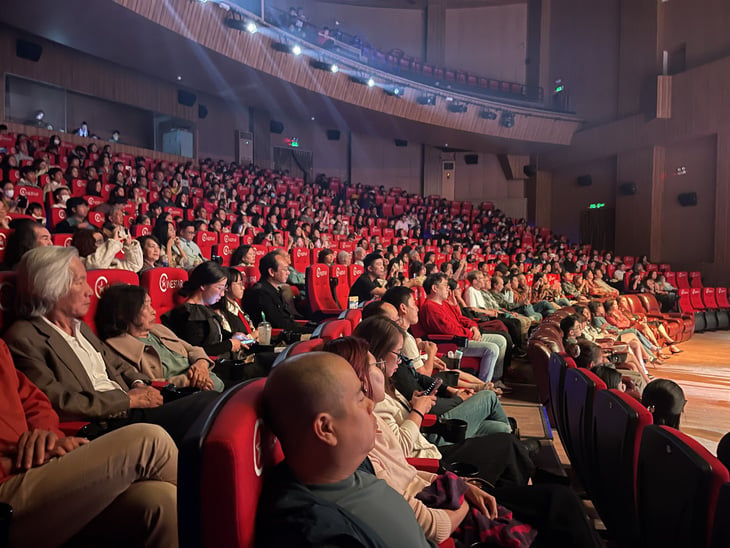
Held for the first time in Vietnam, the Vietnam classical music festival (taking place from March 10 to 17), with many events within the framework, attracted the attention of music lovers - Photo: Organizing Committee
* As an artist with "no limits" and a difficult-to-categorize style, how does expanding your range of "voices" bring you musical experience?
- Every form of art welcomes diversity and influences from everywhere, instead of limiting itself and only achieving very limited goals.
Or at least that's my approach to art.
It's all music after all, either we're moved by it or we're not. Why bother with labels?
* Some Vietnamese artists are trying to populate classical music to reach the general public, but there are also many doubts that this will "destroy" classical music. What is your perspective?
- Certainly not "destructive". As for the many people who are "afraid" or wary of classical music, thinking it is too "academic", "intellectual" or too complicated for them, then step into the concert hall, where a performance is taking place, and allow yourself to let go of your natural emotions.
Then they themselves will realize how "easy to listen" and "easy to feel" classical music can be.
Source








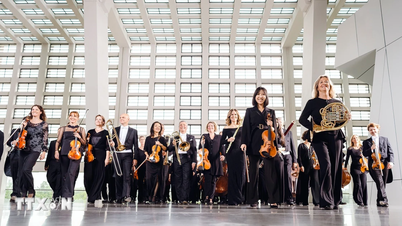



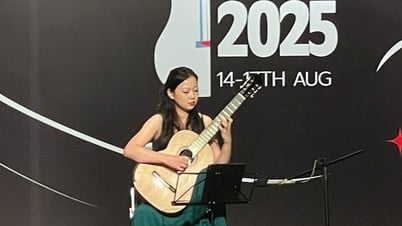
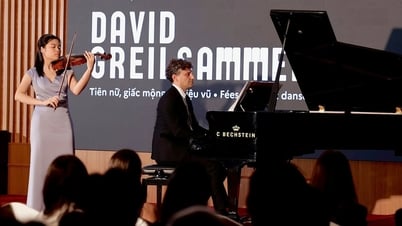
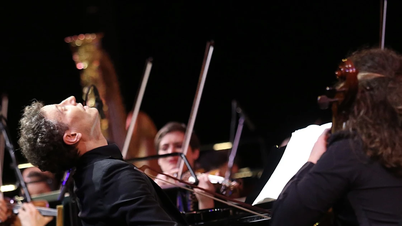
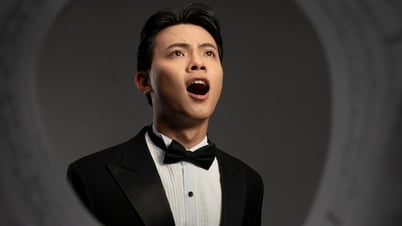








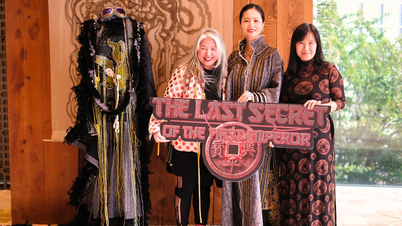














































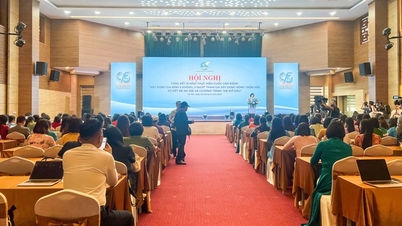








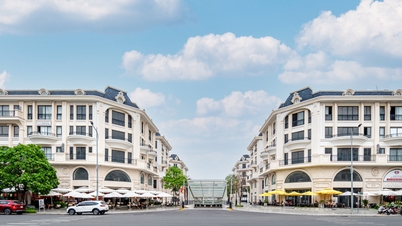





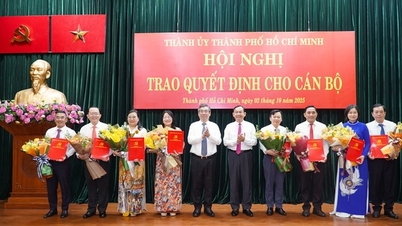













Comment (0)